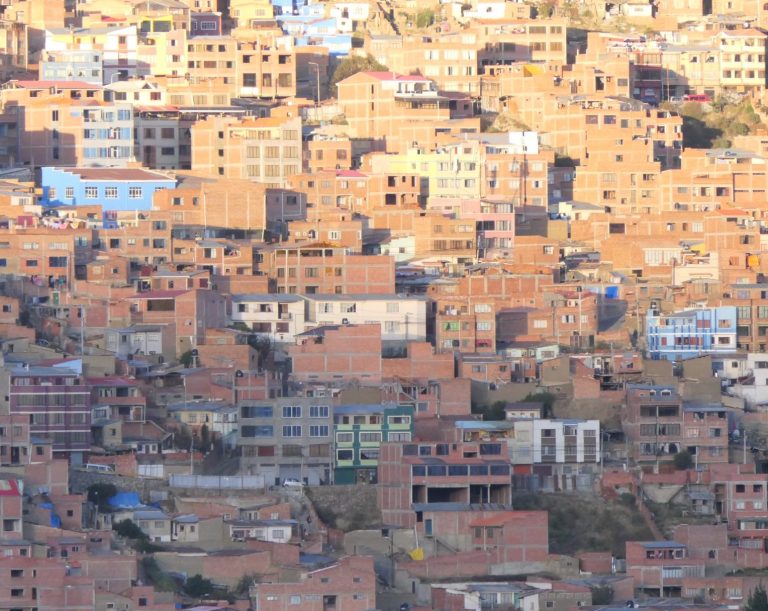Adiós Sudamérica
***Deutsche Version***
It's been an incredible six months in the first part of our big trip. We associate each country with unforgettable adventures, spectacular landscapes, and mostly great food—even in Chile, if there was an Asian restaurant around the corner.
To get to all these places, we used 41 long-distance buses. Of these, 16 were night buses, about which you could write your own blog post. We also used nine planes since we left Switzerland, and of those six months, we spent over a month hiking. Jana almost fell out of her socks when we counted the hiking days. Specifically, 35 hikes could not be described as walking or urban hiking. We also took part in a total of 14 walking tours to learn more about the history and cities we visited.

During our trip, we noticed the following things that we now mainly associate with South America:
The people take it way easier than at home. Absolutely nothing upsets them. Even when walking, they remain true to their leisurely pace. If you try to overtake them, they certainly don't move aside of their own accord - after all, they were there before you. The pavement is not reserved for pedestrians like it is in Switzerland. Still, it is always—and we do mean always—used for other things such as pop-up bars, trees, electricity pylons, a car park, rubbish dumps and countless other things.
Suppose you want to get from A to B. In that case, there are various options—a large coach, a small minibus (collectivo), a taxi, a private car, a tuk-tuk or a motorbike. The buses are like a transforming supermarket. The constantly changing street vendors offer everything from food and electronics to clothing. Suppose you want to order something in a restaurant. In that case, they usually don't have what you want, and you always need an alternative. As a result, you are constantly trying new dishes that you would never have ordered otherwise. South Americans also love cinnamon on their cappuccino for some incomprehensible reason, so be warned.

Furthermore, many ATMs have no money, and going to the cash machine can quickly turn into an extended walk. In addition, except for Ecuador, all currencies are inflationary, which means you always have to walk around with a massive wad of cash, making you feel incredibly rich. Prices are not fixed as they are at home but can be negotiated virtually everywhere. On top of that, you can book a tour via WhatsApp at any time of day, no matter how last minute and without paying in advance—a huge plus point. Opening hours are a recommendation, sometimes to your advantage and sometimes to your disadvantage. The scent of dead baby lamas, as we called it after we visited Bolivia, also followed us throughout South America.
We are happy that some things are different in Switzerland, and we will definitely miss some things - but indeed, not the night buses with the psycho drivers and their booming Latino music in the middle of the night. But we will miss the South American people's openness, joie de vivre and flexibility.
We are incredibly grateful for everything we could experience and that (almost) all went so smoothly. This was definitely not our last visit, but for now, it's “adiós, Sudamérica diversa, loca, rica, salvaje y caliente” and everything else that might fit in with our adventures.


To live up to our name DJ on Tour, here is a song that accompanied us during this time.There could hardly be a more fitting title for our South American trip than “Vivir mi vida”.
Wir benötigen Ihre Zustimmung zum Laden der Übersetzungen
Wir nutzen einen Drittanbieter-Service, um den Inhalt der Website zu übersetzen, der möglicherweise Daten über Ihre Aktivitäten sammelt. Bitte überprüfen Sie die Details in der Datenschutzerklärung und akzeptieren Sie den Dienst, um die Übersetzungen zu sehen.

